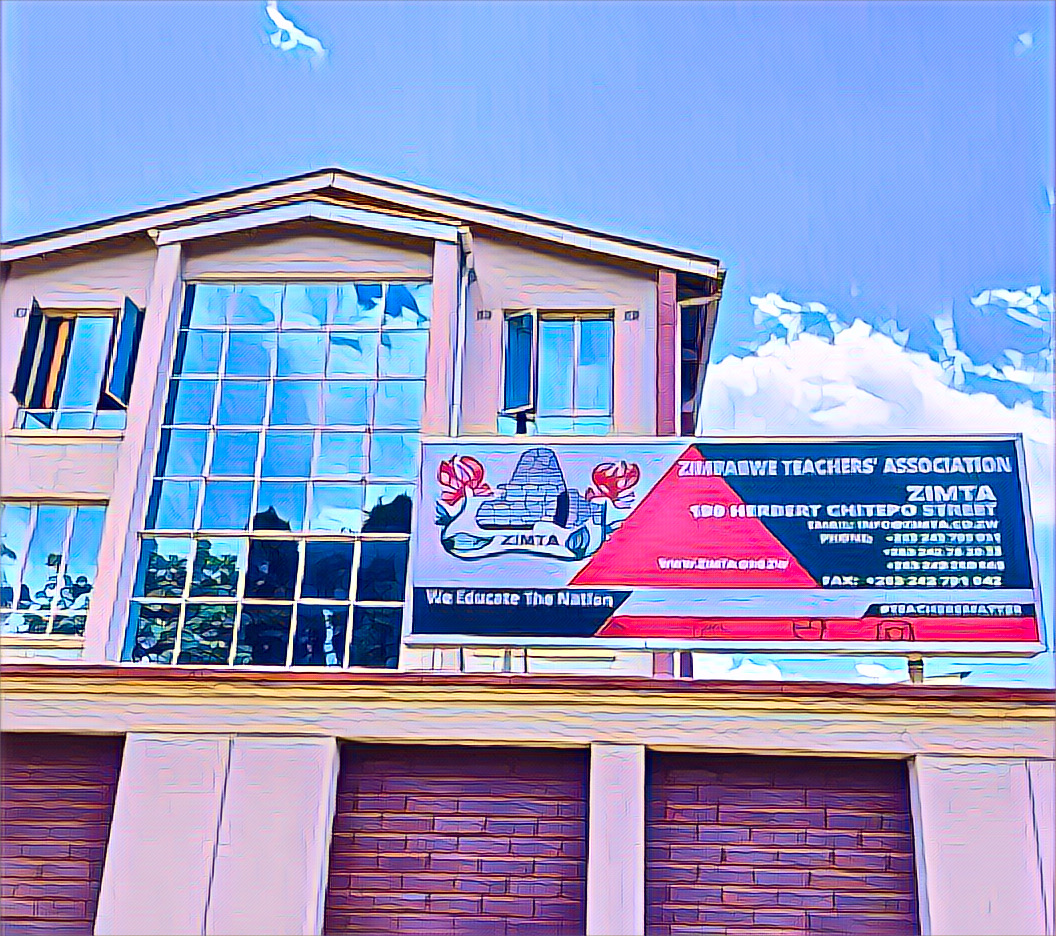The Zimbabwean government has been accused of neglecting its public sector workers, particularly teachers, by failing to convene the National Joint Negotiating Council (NJNC) meetings scheduled for salary negotiations. The Zimbabwe Teachers Association (Zimta) expressed frustration over the government’s apparent reluctance to engage in discussions that were due to begin in April 2024.
Zimta’s president, Akuneni Maphosa, highlighted the demoralization within the teaching community, stating that teachers are returning to work under challenging conditions without any progress in salary negotiations. This lack of dialogue has led to a belief among teachers that their right to collective bargaining, guaranteed under the NJNC, is being infringed upon.
Despite multiple attempts by Zimta to initiate negotiations, there has been no successful engagement with the government. This standoff continues to strain relations and has sparked significant discontent among educators.
When approached for a comment, Public Service Commission secretary Tsitsi Choruma was unreachable, leaving the teachers’ grievances unaddressed in the public forum. The Zimbabwe Congress of Public Sector Trade Unions (ZCPSTU) has also accused the government of procrastinating on these critical salary discussions.
Gibson Mushangu, deputy secretary-general of ZCPSTU, emphasized the urgent need to meet and consolidate the remuneration framework, especially after the introduction of the Zimbabwean Government’s (ZiG) new policies.
The situation has escalated to the point where the Amalgamated Rural Teachers Union (Artuz) is advocating for more drastic measures. Artuz leader Obert Masaraure has called for teachers to strike, urging them to withdraw their labor until the government addresses their demands with the urgency and seriousness they deserve.
Artuz conducted a survey that indicated a significant drop in student attendance at the beginning of the school term, with only 20% of learners attending nationwide. This alarming figure is attributed not only to the ongoing disputes but also to external factors such as the current drought affecting the country, which exacerbates issues of hunger and poverty, further impacting educational participation.
In contrast, Primary and Secondary Education spokesperson Taungana Ndoro reported nearly 100% attendance, praising the positive reception of the enhanced Heritage-Based curriculum. Ndoro’s statement suggests a discrepancy in reported figures and perceptions of the situation on the ground.
This ongoing conflict between the government and its educators highlights a deeper crisis in Zimbabwe’s educational system and public sector management. The standoff not only affects the livelihoods of teachers but also jeopardizes the quality of education for Zimbabwe’s youth, potentially leading to long-term negative impacts on the country’s development.
The failure to address these salary negotiations reflects broader issues of governance and public administration in Zimbabwe. As educators continue to demand fair treatment and adequate compensation, the government’s next steps will be crucial in resolving this impasse. The situation calls for immediate and effective dialogue to ensure that the education sector does not suffer further, thereby safeguarding the future of the nation’s children and respecting the dedication of its teachers.
Source: Newsday


